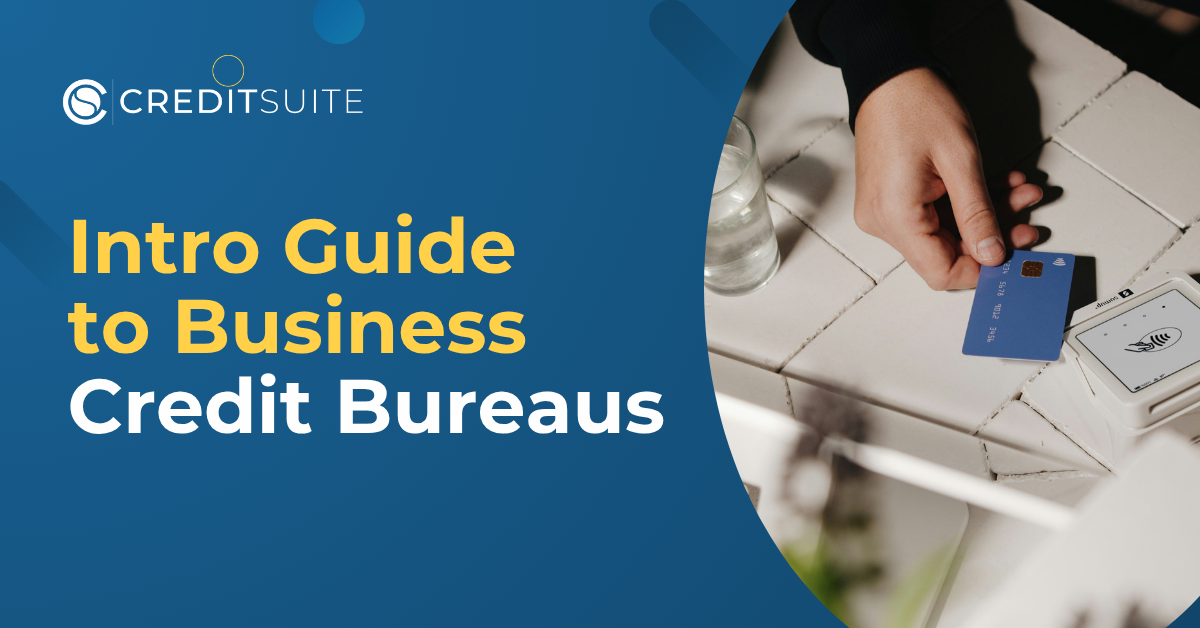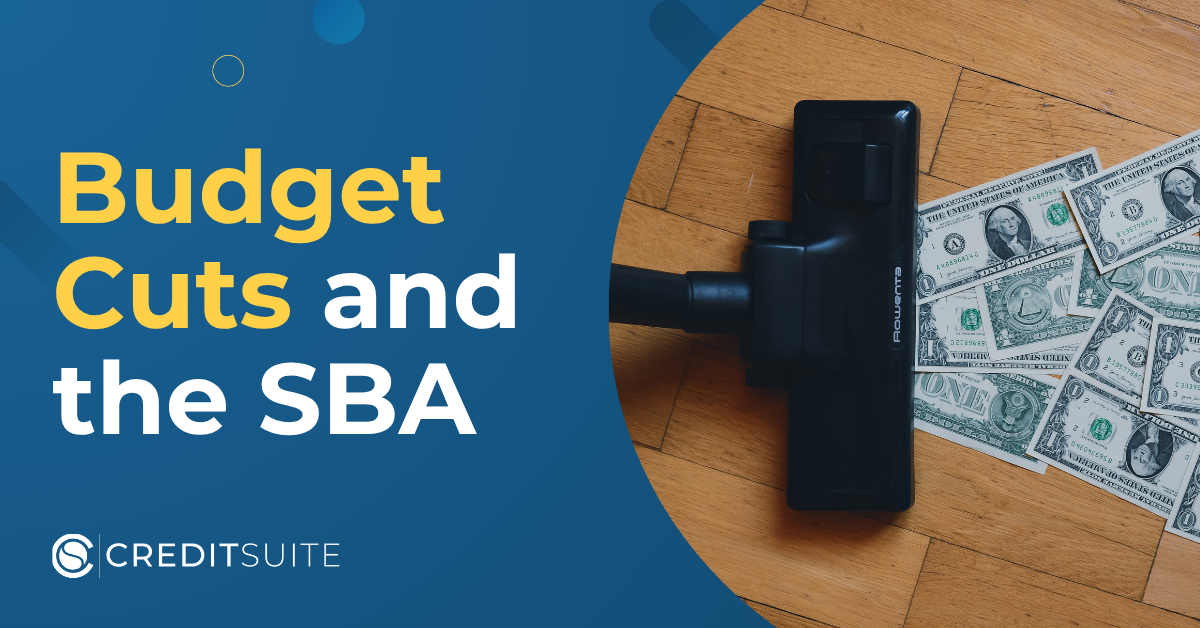Cool Things You Can Do With an LLC
It’s normal for lenders to require at least 20% to 25% down if you’re interested in investing in a single family home. But while it’s common, there are ways to get around this. We explore creative financing techniques that will help you circumvent these down payment requirements so you can start building your portfolio faster. […]
Read More »
How Much Down Payment Do I Need for an Investment Property?
It’s normal for lenders to require at least 20% to 25% down if you’re interested in investing in a single family home. But while it’s common, there are ways to get around this. We explore creative financing techniques that will help you circumvent these down payment requirements so you can start building your portfolio faster. […]
Read More »
What Banks Offer No Doc Business Loans?
In the dynamic landscape of small business financing, navigating the terrain of acquiring funds has become more accessible and less cumbersome, thanks to innovative solutions like no-doc business loans.
Read More »
Intro Guide to Business Credit Bureaus
Understanding business credit bureaus is critical to navigating business credit and learning which actions will drive business credit growth. We break down the major business credit bureaus and other essential information you need to know about these organizations below. What Are The Top 3 Business Credit Bureaus? 1. Dun & Bradstreet Dun & Bradstreet is […]
Read More »
Business Credit Cards That Pull Experian Only
Trying to get a business credit card with poor credit can be a major hurdle for your small business. But if you only have good credit with Experian, it’s possible. We’ve compiled a list of a few business credit cards that pull Experian only. Business Credit Cards That Pull Experian Only Chase Ink Business Preferred […]
Read More »
How to Buy a Laundromat With No Money Down: Financing Options
While the laundry business is not officially considered high risk by the NAICS, vending machine operators are seen as a cash intensive business, which can make it harder to get money from a traditional lender.
Read More »
Best NAICS Codes for Funding: Low Risk NAICS That Banks Like
Your NAICS code is a part of the calculus of fundability™ of your business. Lower-risk codes will tend to be better. But if your business has several other positive fundability™ factors, the code matters less. A well setup business with $2 million in sales every month should be able to get money no matter what their code is.
Read More »
How Recent Budget Cuts Are Slowing SBA Loan Approvals
Small businesses are the lifeblood of the American economy. They generate nearly half of private sector jobs and play a crucial role in innovation and community development. But running a small business often requires more than vision and hard work—it also demands access to capital. For many entrepreneurs, especially those without extensive credit histories or […]
Read More »Popular Posts
Top Podcasts

EP 142 Carter Cofield: Building Wealth While Building Your Business: Insights from Experts in Finance and Investing

EP 871 Carter Cofield: Building Wealth While Building Your Business: Insights from Experts in Finance and Investing

EP 870 Israel Duran: Maximizing Business Growth Through Powerful Speaking Opportunities
Stay In The Loop
Subscribe to our weekly newsletter that delivers the most actionable, tactical, and timely business financing tips you actually want and need for Free
